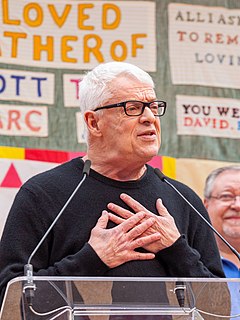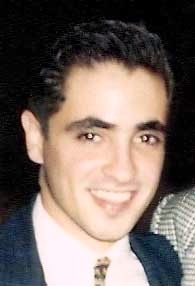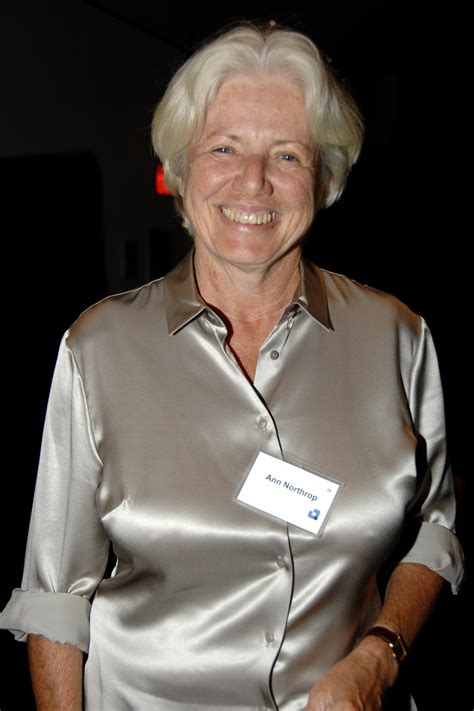A Quote by Jurnee Smollett-Bell
The AIDS epidemic began before I was born - I've never known a world without it. And yet, despite its omnipresence in our lives, there remains a pervasive silence around AIDS among young people, particularly young women.
Related Quotes
The AIDS disease is caused by a virus, but the AIDS epidemic is not. The AIDS epidemic is fueled by stigma, by hate, by misinformation, by ignorance, by indifference. Science has accomplished miracles over the past 20 years, and science can now end this disease - but it cannot end the epidemic. We need more than medicine. We can do something about these things. We need to speak out about the changes we need to make in our society.
That is supposed to be the rallying cry of women in the age of AIDS: no condom, no sex. But the dirty little secret is that the rallying cry is a whisper.... The great unspoken on the heterosexual AIDS front has been how behavior is still determined by the old psychosexual minuet of the sexes, the lack of responsibility in young men and of assertiveness in young women.
Both the Moral Majority, who are recycling medieval language to explain AIDS, and those ultra-leftists who attribute AIDS to some sort of conspiracy, have a clearly political analysis of the epidemic. But even if one attributes its cause to a microorganism rather than the wrath of God, or the workings of the CIA, it is clear that the way in which AIDS has been perceived, conceptualized, imagined, researched and financed makes this the most political of diseases.
Young women who come to Rise every weekend range from ages 15-19 years if they're in school and 19-24 years if they're out of school. These empowered young women talk about protecting themselves, their friends and communities and how they can educate people to help break the stigma surrounding AIDS.




































